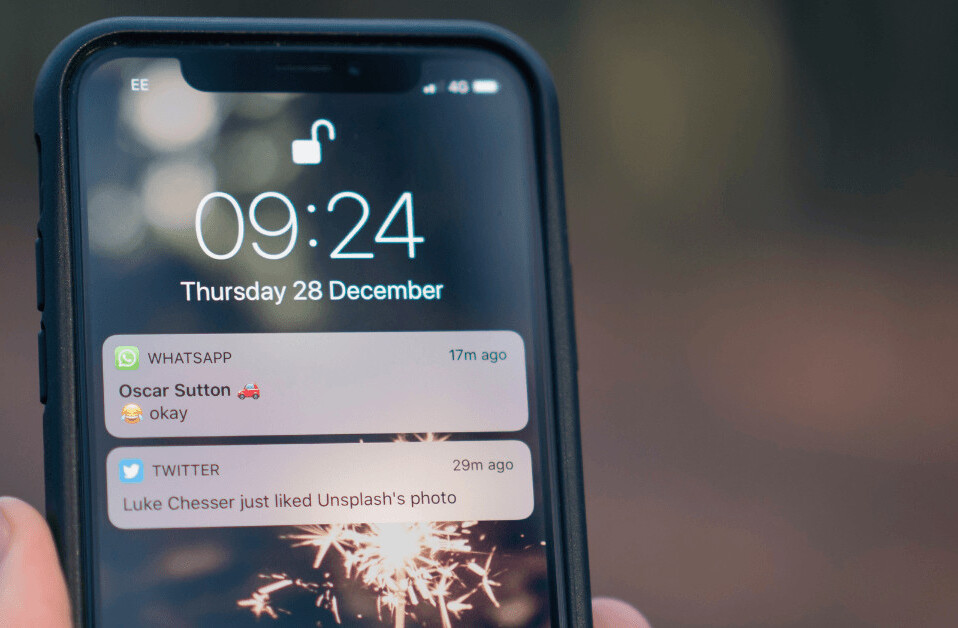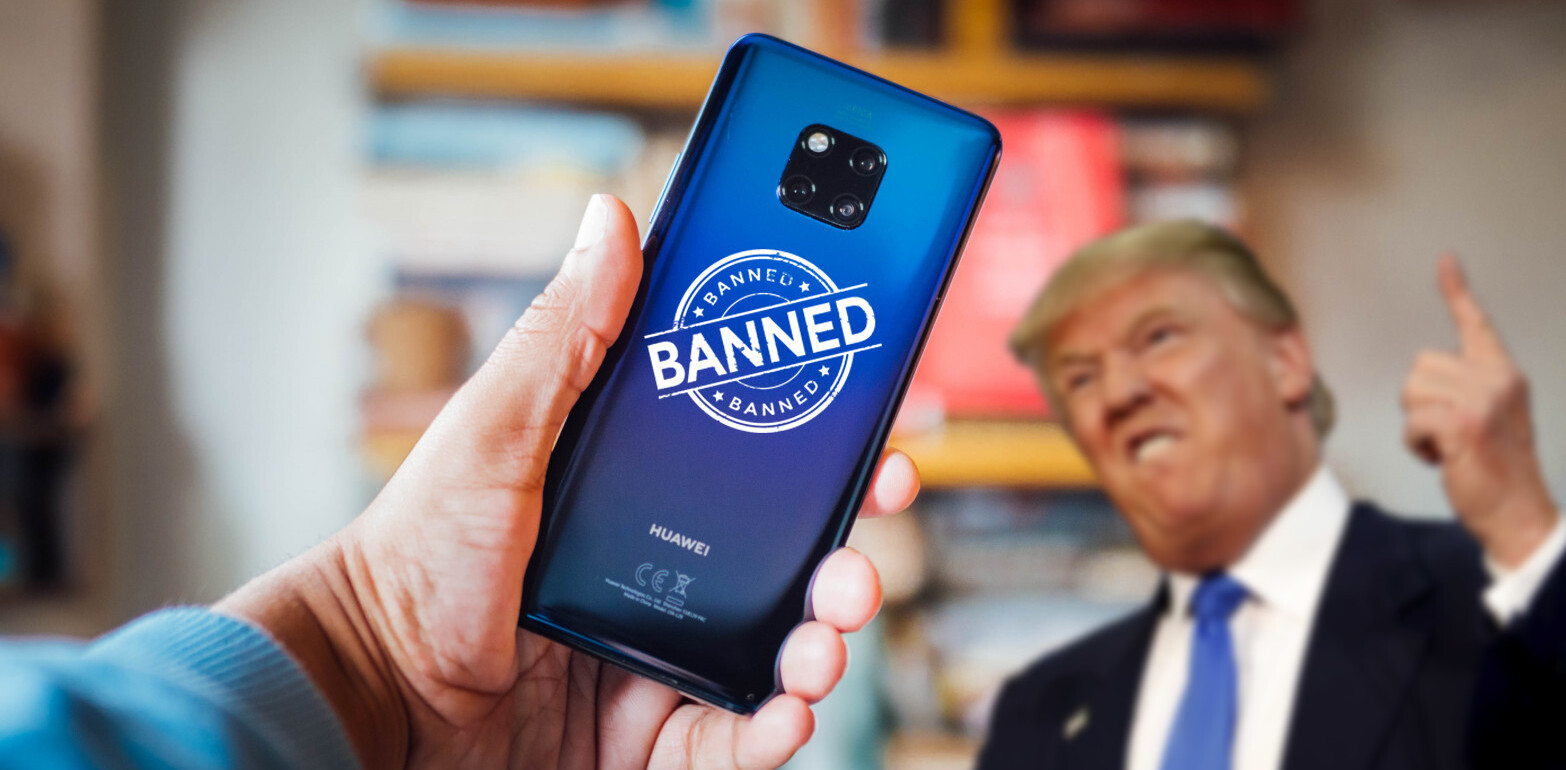
Question: if a stolen phone could be remotely ‘killed,’ wouldn’t that lessen the incentive for someone to nab a handset that wasn’t theirs? Congress wants to know.
Studies are out that outline a number of perhaps startling statistics regarding phone theft. The USA Today has a inked that claims “Americans lose a phone, on average, once a year,” and that “only about half of lost phones are returned.” Even more, some 70% of respondents to a survey stated that they don’t password protect their phone.
This boils down to a whole mess of personal information washing around, unchecked, lost or stolen, and potentially in the hands of someone malicious.
Congress, ever leading the crest of the market, has decided to send letters to the heads of major cellphone companies, to try and find out what they are doing to combat cellphone theft. The letter reads, in part: “we are writing to learn what policies your company uses to protect consumers. Even simple steps, like remote locking of stolen devices, could make a big difference in deterring theft.” Congress is getting real, folks.
The letter is not short on humor. Pulling directly from the missive to Mr. Ballmer, reads as follows:
Cell phone theft not only impacts individuals, but also local law enforcement. Since the release or the iPhone, in June 20 10, the New York City Police Department (NYPD) has had to respond to increased levels of cell phone theft. Last month NYPD added 240 additional transit officers to protect transit riders from cell phone theft.
You know you live in the modern world when the police force are forced to beef up to protect cell phones. What Congress intends to do with this information is yet unclear. But you can rest easy, because Reps. Henry Waxman, Anna Eshoo, and Edward Markey are on the case.
Get the TNW newsletter
Get the most important tech news in your inbox each week.



